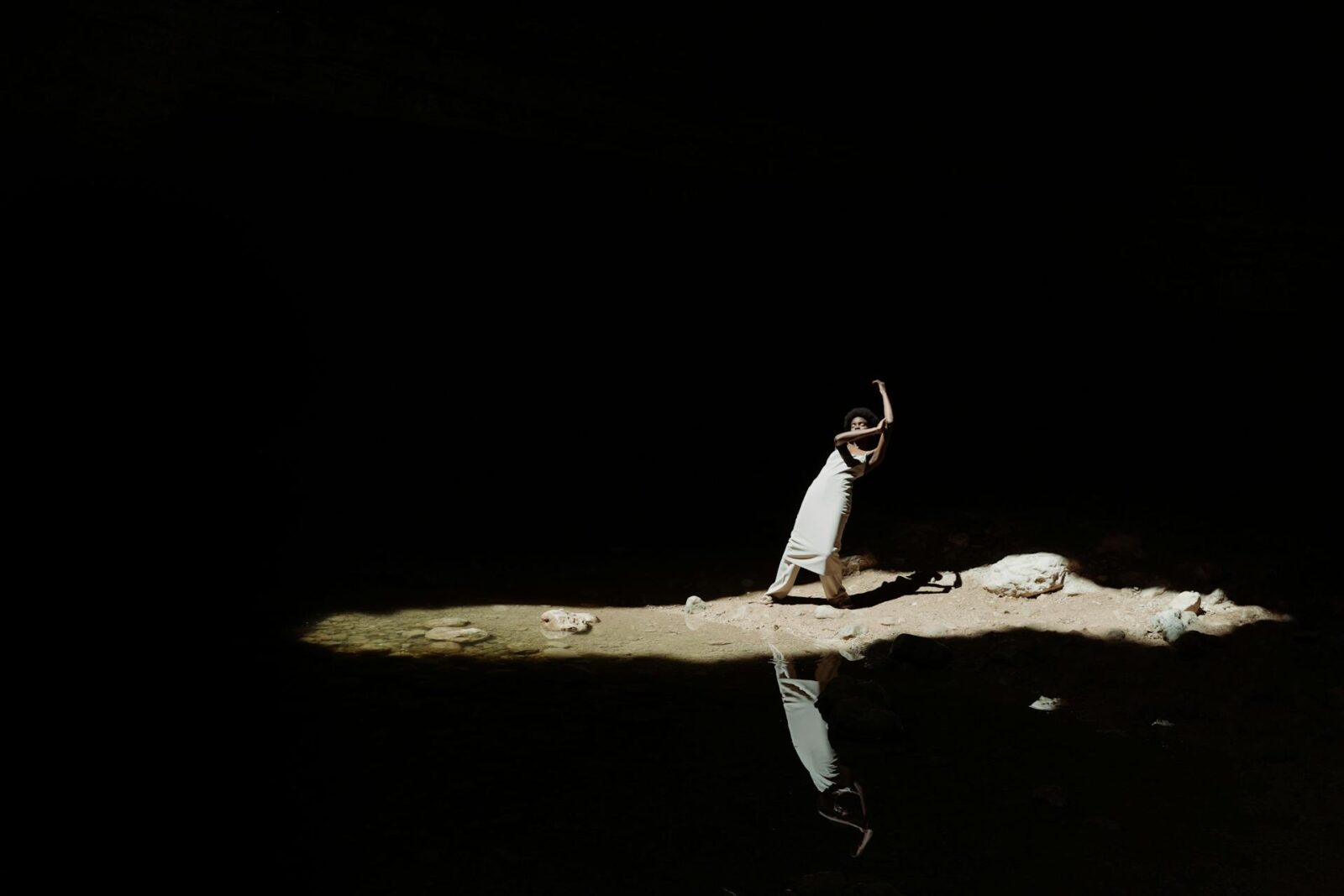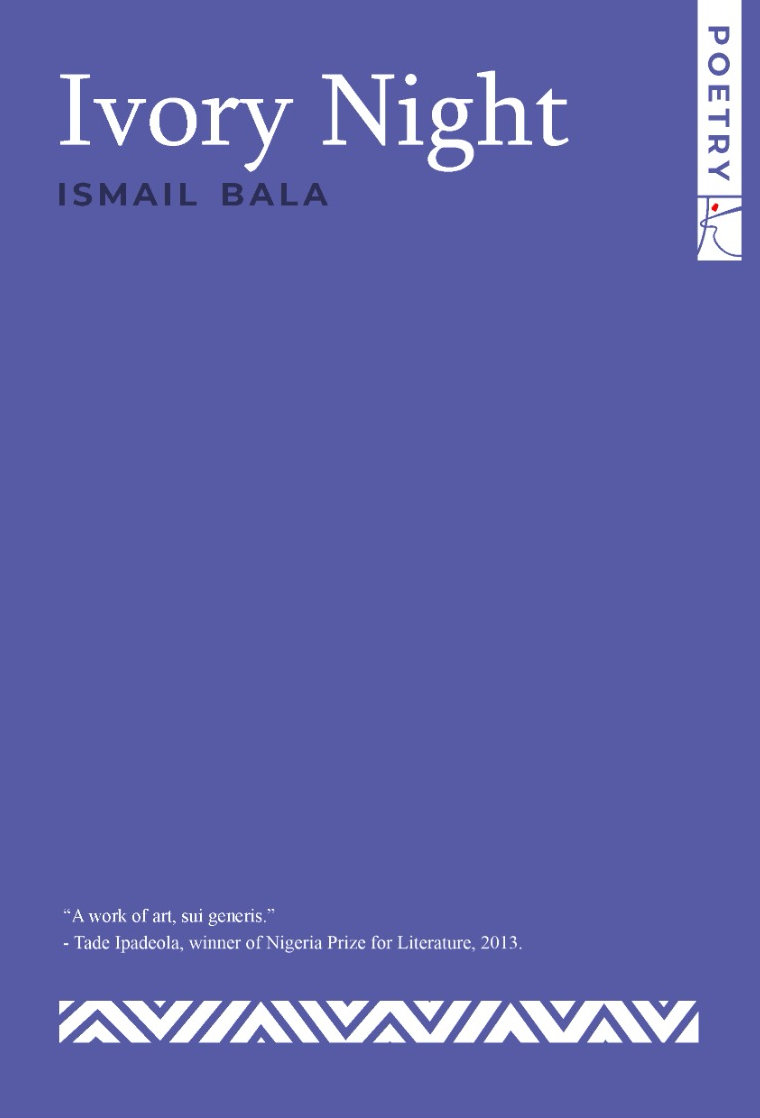The Cosmos is Contracting Infinitesimally
by
Carl Terver
(June 2024)
For a long time I have held on to Dylan Thomas’ description of poetry as the rhythmic, inevitably narrative, a movement from an overclothed blindness to a naked vision. That description doesn’t end there; he goes on to say that such naked vision is accomplished “in the intensity on the strength of the labour put into the creation of the poetry.” To take this so much into account might be to scare the poet from writing, for how many times do we write a poem and feel unsatisfied by it? Surely, we take solace in the fact that a poem birthed from genuine response approaches the sublimity we desire, even if we only touch the hem. Whether one is a poet or not, we desire the expression of sublimity; it is what we go to the arts for. When a poet does this for us, it becomes marvelous. For another person besides us to communicate to us in a way we desired but for which we didn’t know yet—that we desired to be spoken to in such aureate care. Ismail Bala gives us this hope, or fulfilment even, in his poetry. As the poems in this collection beam with love, a subject we are all too familiar with, we are immersed in its many manifestation. The elations. The pangs of severance. The corridors of doubt. The throbbing of the heart. Negotiations. There’s the beauty of reading a poem like “C Major,” for example—
How come your hair is so lustrous?’
the tall pianist asked, and she,
half-awake, said Kano city was full of lustre
and sometimes the place got into your hair.
—to its last lines, ‘I always come silently’, she told him, / not mentioning, ‘I always leave silently too’.
Or in such lines as found in “In The Shower”:
I tell you about the scientists at the end
of subterranean labs, trying to parse the universe
in coats of pure white. They’re looking
for black holes, for SMBHs; for the missing
gravity that will bring us together. The cosmos
it seems, is contracting infinitesimally.
We are getting further apart by the minute.
How Bala moves from “how come your hair is so lustrous” to such a wonderful answer of “she said, Kano city was so full of lustre, and sometimes the place got into your hair” is nothing short of magical. And what about such linesthat recall David Becker’s “Red Shift” (“I have come, and stand, myself, abstract / as a star / All around, in true deep / distances”) in “for the missing / gravity that will bring us together. The cosmos / it seems, is contracting infinitesimally” above?
We are asked today, where are the poems about life, the happy poems. Something other than grief and sadness. Perhaps, Bala has not set out with such contemplation in this collection as the poems herein are the dialogue of two lovers we are conscripted into attending. But more happens. And this is language, as exemplified above. Certainly there are moments of such high crystallisation of language, but it doesn’t mean Bala’s hand doesn’t relapse in places where he becomes too comfortable. We take solace in the words that a poet must accept that they can write only a few good poems in their lifetime. I do not know how you, dear reader, do it; but I mine such moments where the poet achieves such goodness. And Ivory Night, the collection now in your hands, is that landscape of possibilities.
Ivory Night by Ismail Bala
Ivory Night is a rich, lyrical exploration of the human condition, where language’s beauty meets emotion’s rawness. The poet invites readers to journey through the highs and lows of love and desire through a blend of sensuality, melancholy, and reflection.
Carl Terver has a BA in English from Benue State University, Makurdi. He was longlisted for the 2024 Commonwealth Short Story Prize. He has been published in The Stockholm Review, Goethe-Institut Nigeria, and Afapinen, and he is the author of the photobook, Glory to the Sky. Terver writes about film, literature, photography, and music.












Leave a Reply